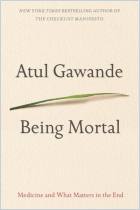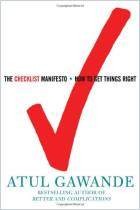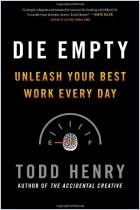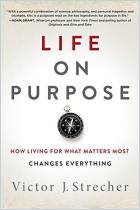
Recommendation
Caught up with the demands of daily life and perennially distracted by the daily news cycle, people often fail to take the time to ponder the big questions: Why am I here? What makes my life worth living? Tragically enough, not even people with a terminal illness often get the chance to get clear on these questions while doctors are busy trying to prolong their lives at all costs. In this episode of Krista Tippett’s On Being podcast, physician and author Atul Gawande shares how basing medical treatment on an individual’s life priorities instead of purely medical imperatives leads to more meaningful and dignified outcomes for patients nearing the end of their lives. It is never too early to start reflecting on the things that matter most, and the spirited conversation between Tippett and Gawande provides important input for starting this personal inquiry.
Summary
About the Podcast
On Being is a Peabody Award–winning public radio show and podcast. Once a week, host Krista Tippett delves into the big questions of life with a different guest. Her guest on this show, Atul Gawande, MD, is a surgeon, a Harvard University professor of health policy and management, and a best-selling author.




















Comment on this summary or Start Discussion